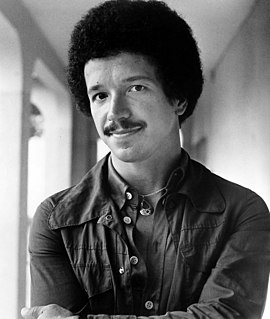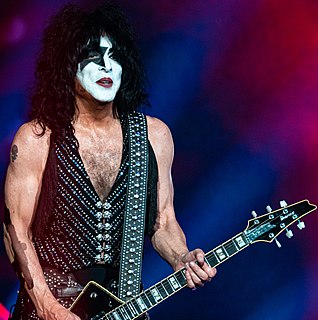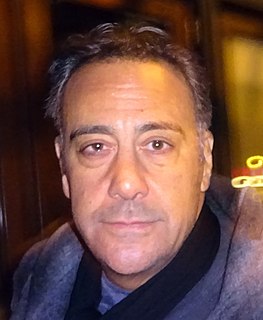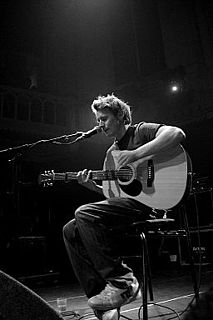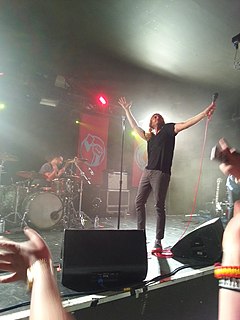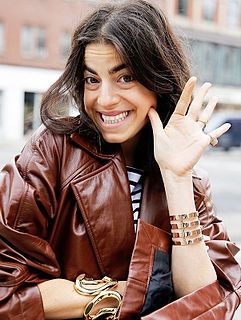A Quote by Joyce Carol Oates
Be your own editor/critic. Sympathetic but merciless!
Related Quotes
There's lots of room to be your own worse critic. It's just you, so I think that's inherit, that voice that's always that's there monitoring everything you do. It's definitely worse; the critic is harder when it's just you. If you're doing a show, then the critic can blame the other actors your with.
My last point about getting started as a writer: do something first, good or bad, successful or not, and write it up before approaching an editor. The best introduction to an editor is your own written work, published or not. I traveled across Siberia on my own money before ever approaching an editor; I wrote my first book, Siberian Dawn, without knowing a single editor, with no idea of how to get it published. I had to risk my life on the Congo before selling my first magazine story. If the rebel spirit dwells within you, you won't wait for an invitation, you'll invade and take no hostages.
Music critics are, for the most part, bitter people who are intent at dragging people down for being successful at what they want to do, which is probably music. The oddity of being a critic is: You don't get a diploma, you just decide you're a critic. If someone listens to your opinion rather than their own, it's their mistake. Any critic's top 10, any year, it's something controversial or something that will make them look hipper-than-thou. The whole critic game, we've never played.

